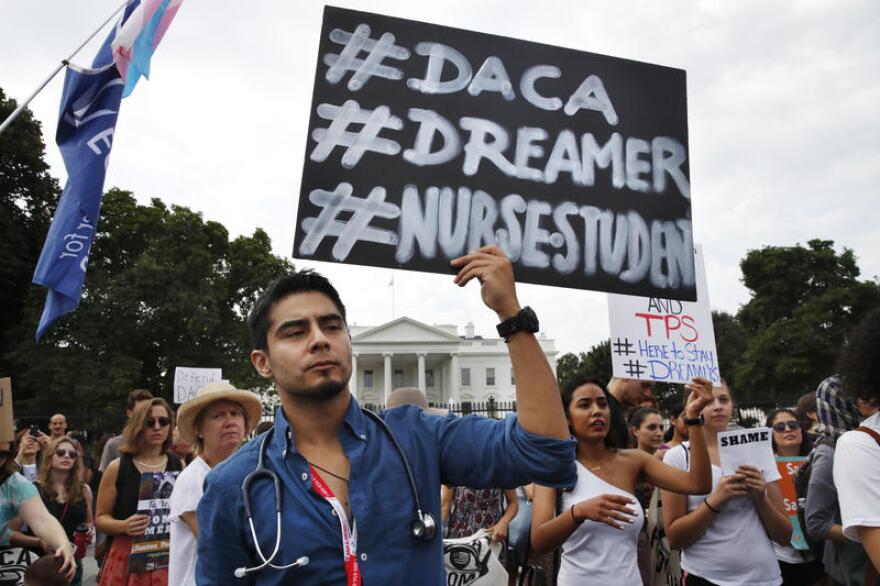The Supreme Court ruled against President Donald Trump’s effort to terminate the Deferred Action for Childhood Arrivals program, or DACA, on Thursday.
“This has weighed heavily on everybody’s mind," said Maria Andrade, an attorney and the executive director at Immigrant Justice Idaho.
About 3,000 people in Idaho are DACA recipients, and many more are eligible for the program, according to Andrade.
"We’re overjoyed that that part of the waiting and anxiety has ended, and we’re going to take the time to celebrate the win, while being mindful that the work isn’t over," she said.
The work isn’t over, she said, because President Trump and Congress still have the authority to end the program.
“The court case agreed that the administration has the power to terminate the program, but they didn’t use that power correctly," Andrade said.
That means lawyers have a limited window to help people who haven’t been able to sign up for DACA since the Trump Administration's effort to end the program in 2017. There's a cohort of individuals who aged in to the program — by turning 15 — who haven't been able to gain access because of the legal challenges.
To help people immediately, the legal services organization is setting up an outdoor office to reach clients, but at a social distance.
“We have on order what will be the makings of our office outside, so we can begin to see people in person, which is usually everybody’s preference," Andrade said.
There will be remote services available, too.
Find reporter Rachel Cohen on Twitter @racheld_cohen
Copyright 2020 Boise State Public Radio



